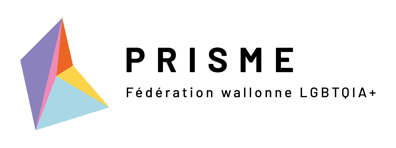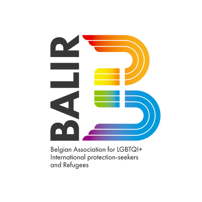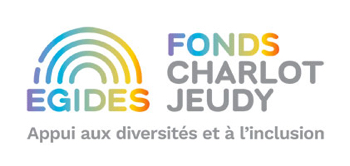

Homosexual activity between men and women are illegal since 1902 under British colonial rule. It is punishable by 7 years up to life imprisonment under the Ugandan Penal Code. There is no recognition of same-gender unions and same-gender marriage constitutionally banned since 2005. There are no laws protecting LGBTQIA+ individuals from discrimination in employment, housing, or public accommodations. The legal system in Uganda can also be a challenge for LGBTQIA+ individuals seeking justice. Police have been known to harass and arrest LGBTQIA+ individuals, and the courts have been criticized for being biased against them. This can make it difficult for LGBTQIA+ individuals to report crimes or seek legal recourse for discrimination or other injustices. Transgender persons have no right to change their legal gender. Nevertheless, In 2021, a trans woman was issued a new ID identifying her gender marker as female. She is the first Ugandan to obtain a change of gender legally recognised. In March 2023, Ugandan lawmakers approved some of the world’s harshest anti-LGBTQIA+ laws, making some crimes punishable by death and imposing up to 20 years in prison for people identifying as LGBTQIA+. In March 2023, the Sexual Minorities Uganda organisation reported a dramatic surge in attacks including arrests, sexual violence, evictions, and public undressing on more than 110 LGBTQIA+ people, especially transgender persons. Uganda also became the first and currently only Christian-majority country to punish same-gender sex between men, with the death penalty.

Uganda has a complicated and often hostile environment for the LGBTQIA+ community. Homosexuality is widely viewed as immoral and un-African, and LGBTQIA+ communities in Uganda face widespread social challenges stigma and discrimination in employment, housing, education, and health care, harassment, violence, beatings, and even murder. Some have been rejected and disowned by their families and are forced to live in secrecy. Religious institutions, leaders, and politics also play a significant role in shaping public attitudes towards LGBTQIA+ individuals in Uganda, which can further fuel discrimination and violence against LGBTQIA+ individuals. Violent and brutal attacks are also common, often performed by state officials. This can lead to social isolation and mental health challenges, such as depression and anxiety.

The Anti-Homosexuality Act in March 2023 criminalises the promotion of homosexuality, making it difficult for LGBTQIA+ organsations to operate freely.

Many Ugandans LGBTQIA+ individuals have been forced to flee their homes. They may be displaced to avoid arrest, violence or persecution and seek asylum in other parts of Uganda or may flee to other countries like Kenya, South Africa, and European (such as Sweden and Germany), and North American (such as The US and Canada) countries. According to UNHCR, there were 1,517 asylum-seekers from Uganda in Kenya as of February 2021 and many of these individuals were the members of the LGBTQIA+ communities who have fled Uganda due to persecution.



